 I'll tell you a story; Bear with me and at the end, a beautiful song by Brahms will be waiting for you. Once upon a time young Peter, the handsome son of the Count of Provence, left home to see the world; he wasn't German but he suffered from fernweh. When he arrived at Naples, he heard about the beautiful Princess Magelone and he did what a knight does when he wants to get to know a Lady, jousting and winning. Peter and Magelone fell in love and he gave her three rings that his mother had given him in case he found the woman of his dreams during his journey. However, Magelone's father had already engaged her to another Gentleman so she asked Peter to take her to Provence and get married. So one night, they fled. Next day, while she was sleeping in the woods and he watched her over, a raven stole a little bag with the three rings and Peter run after it to recover them. [...]
I'll tell you a story; Bear with me and at the end, a beautiful song by Brahms will be waiting for you. Once upon a time young Peter, the handsome son of the Count of Provence, left home to see the world; he wasn't German but he suffered from fernweh. When he arrived at Naples, he heard about the beautiful Princess Magelone and he did what a knight does when he wants to get to know a Lady, jousting and winning. Peter and Magelone fell in love and he gave her three rings that his mother had given him in case he found the woman of his dreams during his journey. However, Magelone's father had already engaged her to another Gentleman so she asked Peter to take her to Provence and get married. So one night, they fled. Next day, while she was sleeping in the woods and he watched her over, a raven stole a little bag with the three rings and Peter run after it to recover them. [...]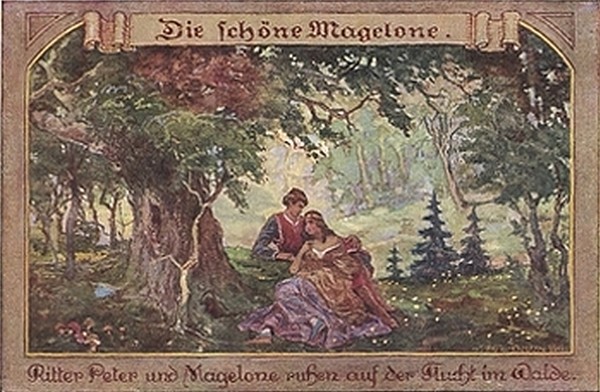
A ship rescued him but alas! A ship of Sarracens. They thought that such a handsome man would be a precious gift for the Sultan; the Sultan thanked them for the gift and treated his prisoner kindly. Two years later, Sulima, the Sultan's daughter, confessed her love to Peter (did I tell you he was a handsome boy?) and told him that she would plan their escape. Peter accepted, but the night before running away, he dreamed about Magelone, who didn't look very happy about his changing partners, so he took the boat and fled alone. Sulima was stood up and alone, explaining herself to his father. Offshore, a ship picked him up; that time it was a Christian ship, and he felt saved. The ship moored on a desert island to collect water and Peter fell asleep somewhere in there. Then, as a storm approached, they couldn’t find him, so they had to leave Peter behind in a hurry.
Some fishermen found Peter in the island more dead than alive and took him to the coast, to a shepherds' hut, where a young girl took care of him. The girl was Magelone (it's such a small world!) who, disguised as a plebeian, had asked the shepherds for shelter when she felt lost in the woods. Luckily, she was still in that same spot (did you notice that, more than two years later, Peter exactly reached the same point of the coast where he had sailed from?). She recognized him, healed him and asked him to explain all his troubles. Then she went into the hut, reverted to her princely appearance and Peter recognized her. And they lived happily ever after.
What about the rings? Over that time Peter was gone, the cook at the court of Provence found three gold rings in the belly of a fish (does this story rings a bell?); he took them to the Countess and she understood it was a God’s sign that his son was alive. This medieval French legend became a novel by the German writer Ludwig Tieck in 1797: Die wundersame Liebesgeschiste der schönen Magelone und des Grafen Peter von Provence (more or less, “The wondrous love story of the beautiful Magelone and Peter, Count of Provence”). The novel includes seventeen songs from which Brahms put music to filfteen, it's the cycle Romanzen aus Ludwig Tieck "Magelone", op. 33, better known as Die schöne Magelone. The texts of the songs don't explain the story, it's similar to the Wilhelm Meister’s songs; when the cycle is performed, a narrator usually reads the novel so the songs are put in context (I don’t dare to think how long it would take to do the same with the novel by Goethe).
This idea of accompanying songs with texts is relatively new. Well, the execution is new, because the idea is as old as the cycle; it's from our friend Julius Stockhausen, a singer with eccentric ideas such as singing the complete cycles in the recitals. Brahms didn't want at all the cycle to be performed complete (and the audience would probably have been shocked because they didn't expect it). In fact, neither he wrote or published it as a whole: he wrote the six first songs between 1861 and 1862 and published them in two books in September 1865; the rest of the songs were written between 1862 and 1868, not necessarily in order, and were published in three more books in December 1869. He didn't want either the texts to be read; His German audience didn't need the texts because they knew Tieck's novel but, when his English publisher suggested including some excerpts in the sheets, Brahms refused it. How changed the way we listen to music is!
I'm talking today about Die Schöne Magelone because we're listening to it in Barcelona on November 26th within the Lied festival LIFE Victoria; the singers will be Roderick Williams, and Adriana Aranda, who will sing both, Magelone and Sulima songs. The pianist will be Iain Burnside and Laura Lopez, will be in charge of the texts, than won't be excerpts of Tieck's novel but texts written by Iain Burnside, who is the author of several plays; these texts will tell us about the relationship between Clara Schumann and Johannes Brahms. I think it's an interesting proposal.
Today, we're listening a song from Brigitte Fassbaender and Elisabeth Leonskaya's recording of Die schöne Magelone; that recording includes the complementary texts so I'm sharing the song, the no. 12 Muss es eine Trennung geben, and the text for those of you that can speak German; it's a brief text talking about Peter, first rescued, then prisoner, thinking of Magelone.
Muss es eine Trennung geben,
Die das treue Herz zerbricht?
Nein, dies nenne ich nicht leben,
Sterben ist so bitter nicht.
Hör ich eines Schäfers Flöte,
Härme ich mich inniglich,
Seh ich in die Abendröte,
Denk ich brünstiglich an dich.
Gibt es denn kein wahres Lieben?
Muss denn Schmerz und Trennung sein?
Wär ich ungeliebt geblieben,
Hätt ich doch noch Hoffnungsschein.
Aber so muss ich nun klagen:
Wo ist Hoffnung, als das Grab?
Fern muss ich mein Elend tragen,
Heimlich bricht das Herz mir ab.
Must there be a parting
That will cause true hearts to break?
No, that I do not call living:
Dying is not so bitter.
When I hear a shepherd's flute,
Inside I grieve;
When I gaze at a sunset,
I think passionately of you.
Is there then no true love?
Must there be pain and parting?
If I'd remained unloved
I would then have at least a glimmer of hope.
But so I must now lament:
Where is Hope, but in the grave?
Far away must I bear my misery,
In secrecy, my heart breaks.
(translation by Emily Ezust)


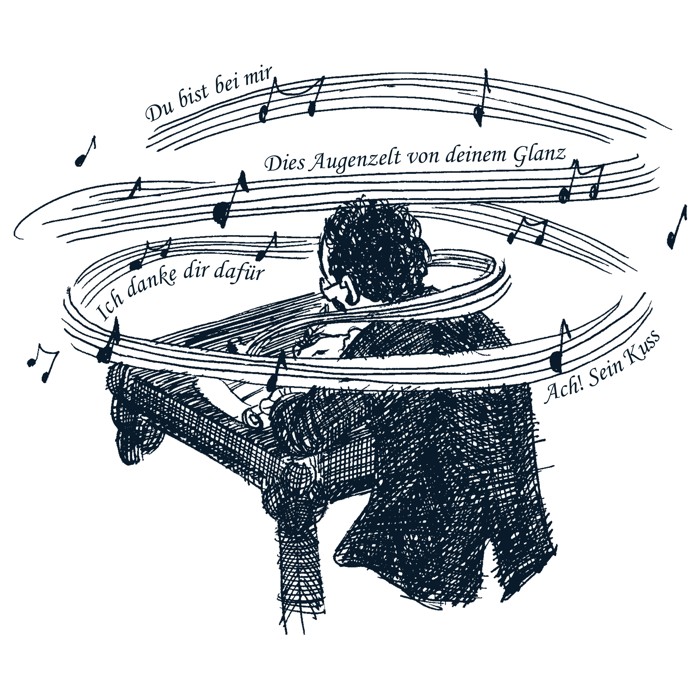





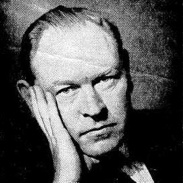

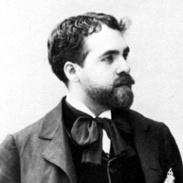








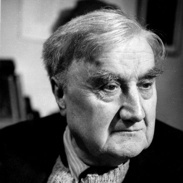








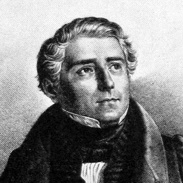





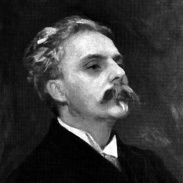


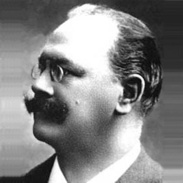

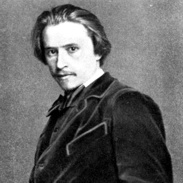


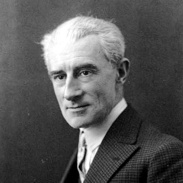

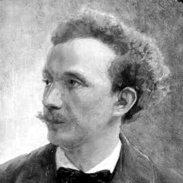



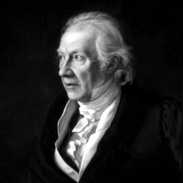






Comments powered by CComment